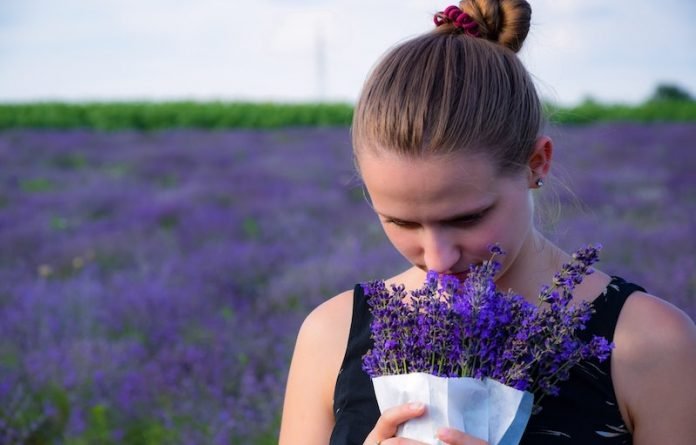
In a study from Anglia Ruskin University, scientists found the extent of sensory loss among people suffering from long COVID.
Around 30% reported a decreased sense of smell, and a similar number of people found their sense of taste continued to be affected 12 weeks or more after the initial infection.
In the study, researchers analyzed data from 14 separate studies exploring the prevalence of persistent anosmia (full loss of smell), hyposmia (decreased sense of smell), ageusia (loss of sense of taste), and hypogeusia (reduced sense of taste), as well as vision and hearing-related long COVID symptoms.
Among the 4,702 people with long COVID included in the study, 31.2% reported suffering from a reduced sense of taste and 29.9% reported decreased sense of smell at least 12 weeks after first being infected.
In addition, 12.2% reported a full loss of smell, and 11.7% encountered a full loss of taste.
Several people reported other symptoms affecting the eyes or ears, such as tinnitus, blurred vision, or dry eyes.
Long COVID affects somewhere between 13% and 15% of people who test positive for COVID-19 and is defined as symptoms lasting for longer than 12 weeks post-infection.
At the time of the last estimate by the Office of National Statistics, around two million people in the UK were believed to have long COVID.
The team says persistent changes in taste and smell have manifested as symptoms of long COVID.
These are generally associated with decreases in quality of life, so it is vital that researchers understand these changes in patients’ smell and taste to help medical professionals advise or manage patients appropriately.
The results also show an elevated prevalence of persistent blurred vision and hearing-related symptoms after three months.
Future research is required to understand why this is the case and so that healthcare providers can provide the right kind of care for people suffering from various sensory losses due to COVID-19.
If you care about COVID, please read studies about plant extract that may help treat COVID-19, and coffee and veggies may help prevent COVID-19.
For more information about COVID, please see recent studies about old drug that can save the life from COVID-19, and results showing aspirin and other common anti-inflammatory drugs could help prevent COVID-19 deaths.
The study was conducted by Professor Shahina Pardhan et al and published in Frontiers in Medicine.
Copyright © 2022 Knowridge Science Report. All rights reserved.



